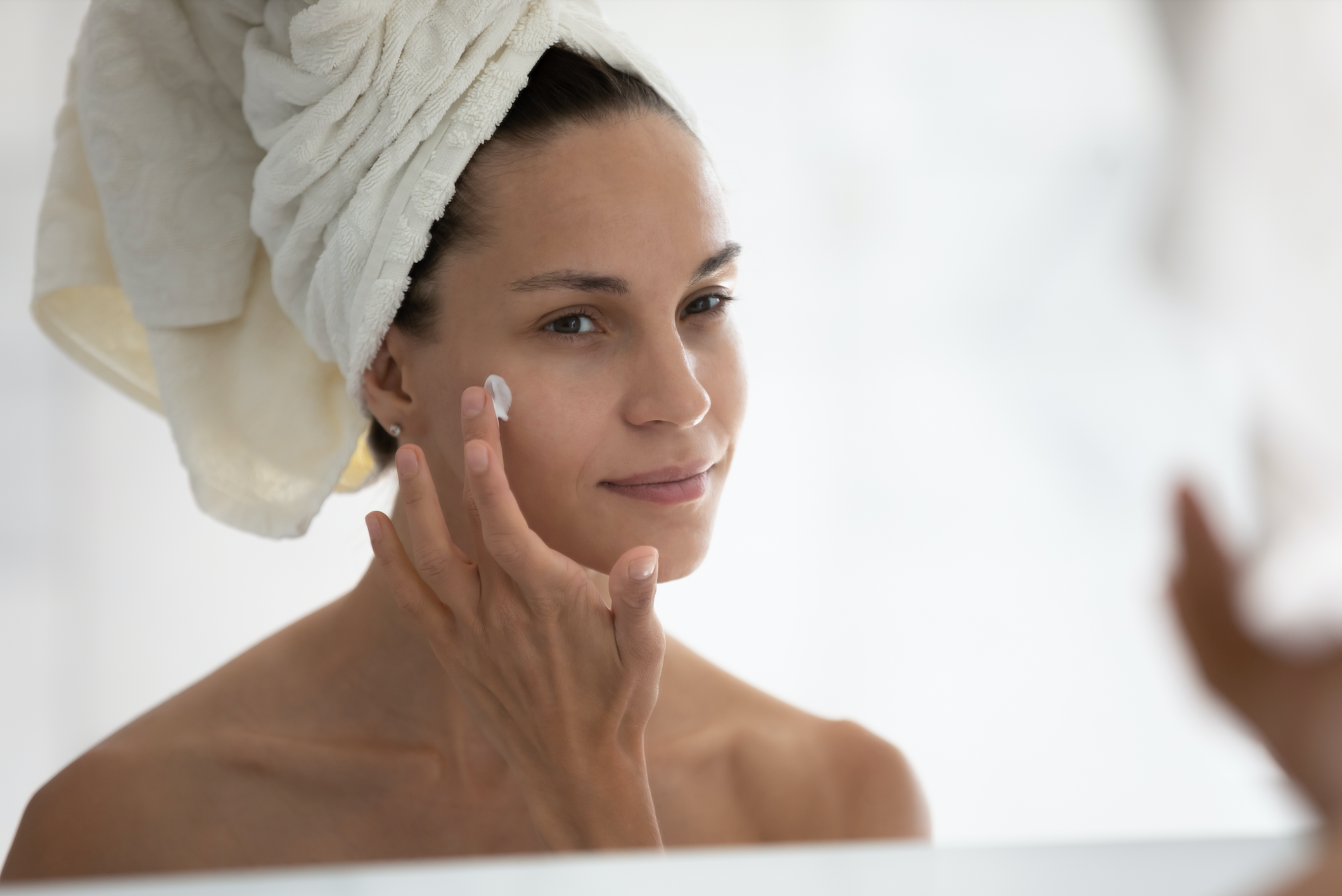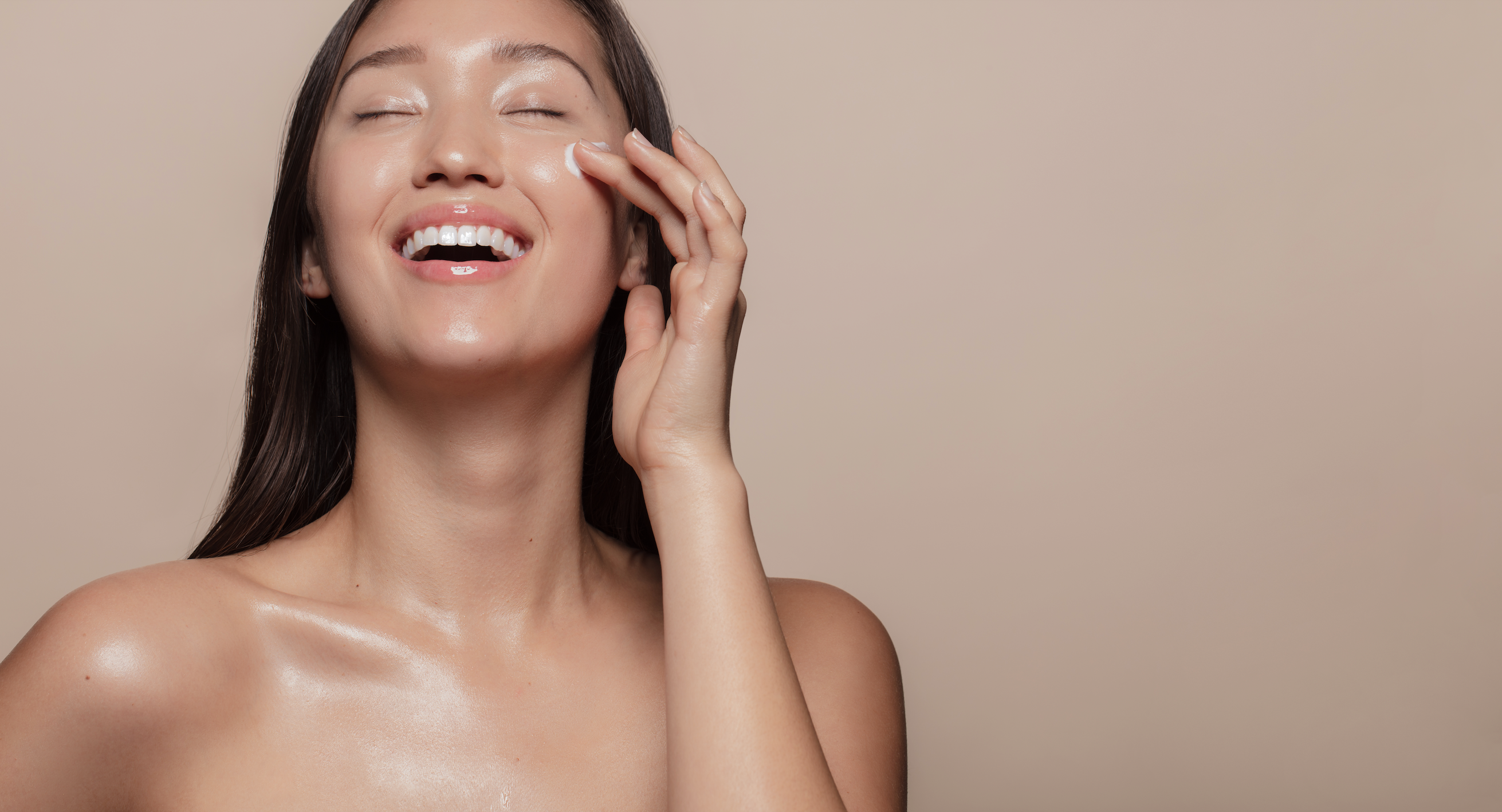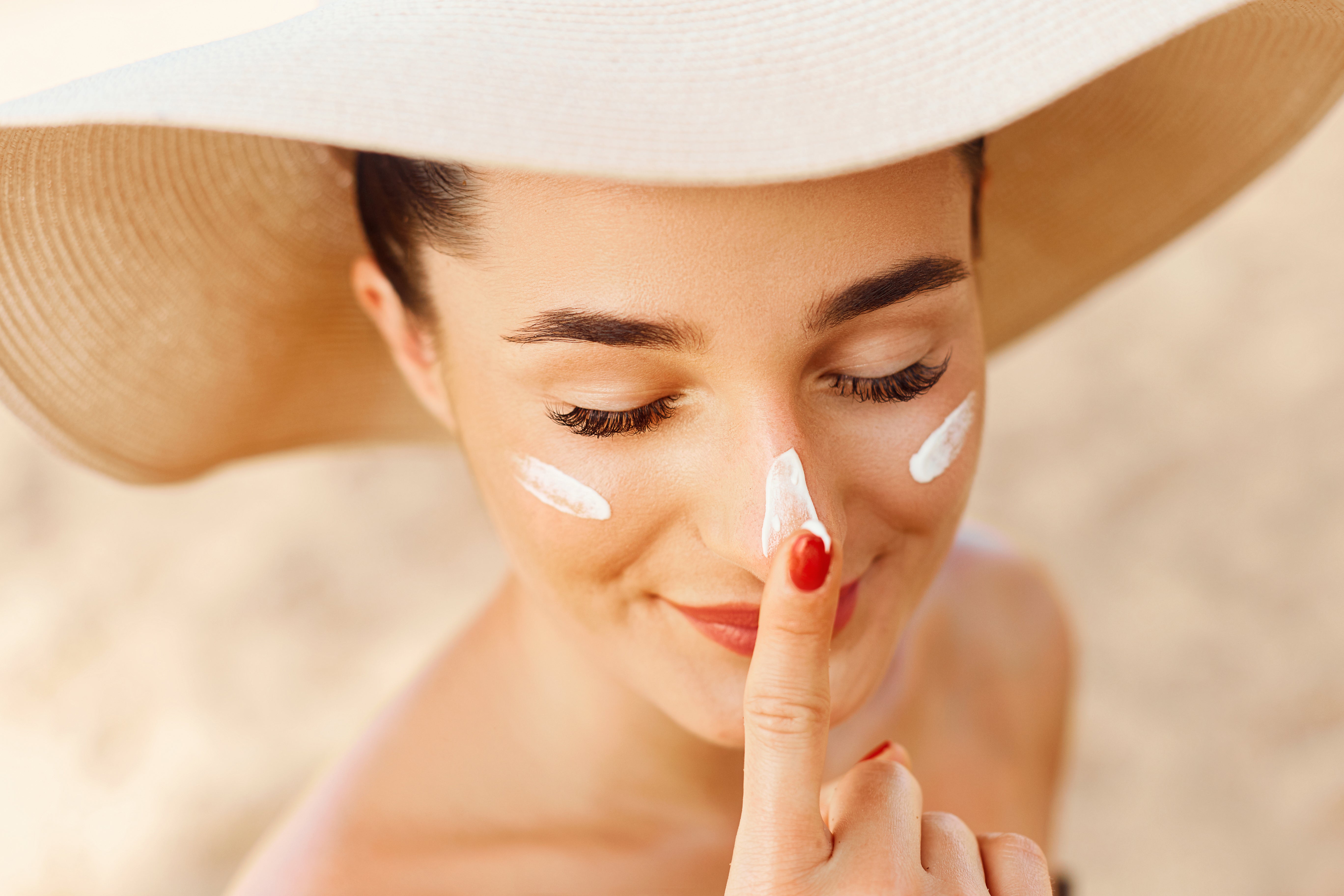
Do You Need to Wear Sunscreen Indoors?
Summer is here, and for the most part, all quarantine restrictions have been lifted. Time for some fun! It’s the weekend, and many of us plan to spend more time outdoors with friends enjoying some fresh air and sunshine. No joke, after being cooped up inside for a year or more, the sun feels so good on our faces and fills our bodies with a warm, comforting sensation. Our spirits are lifted, and our mood is instantaneously better. It feels good to have a sense of normalcy in our lives again and enjoy the beauty of our surroundings.
Time spent outside is great for our souls and overall general health as well. Our bodies receive Vitamin D from sun exposure, which increases the absorption of calcium and phosphorus from the foods we eat. This helps to build strong bones, tissues, and a ninja immune system.
Because we are all smart people with a lot of common sense, it almost goes without saying that overexposure to the sun can be extremely harmful and dangerous to our skin cells. And we all know we must use sunscreen for our faces and bodies before heading out to enjoy ourselves for the day, so we don’t end up looking like those adorable shar-pei puppies all wrinkly and saggy at the age of 40. Because wrinkly and saggy on a shar-pei is good; not so much on people! Hopefully, this is not even questionable at this point. Applying sunscreen for sun protection before leaving your house should just be a given, a regular part of your morning ritual.
Then Mondays come around, and it's time to go back to work. Whether you have returned to your office or are still working remotely, you will likely be exposed to the sun’s rays and sun damage at some point during the day. Walking to and from your car to get to work, stepping out for lunch or coffee; working at a desk that sits near a window; driving all day for work; or maybe just enjoying a visit with a friend at your kitchen table or a restaurant where sunlight is shining in are all ways you will be exposed to the harmful rays of the sun that we don’t instinctively consider. So do you need sunscreen indoors? The answer is absolutely 100% yes!
Remember, in the first paragraph of this article, we talked about how good we feel when sunlight hits our bodies, and it makes us feel like it’s going to be a great day. There’s a scientific reason for that. The ultraviolet (UV) rays emitted by the sun help our bodies release endorphins - “feel-good” hormones - that simply just make us feel good. This is great for our emotional and physical health! But, as you know, there’s a downside to UV rays and sun exposure - they cause sun damage, wrinkles, dark spots, premature aging, loss of elasticity, collagen breakdown, and, worst of all, skin cancer.
Why Wear Sunscreen Indoors?
We all know we need to wear sunscreen outdoors, but why is it necessary to wear SPF indoors and not directly exposed to the sun? It is because the sun’s UVA light rays penetrate glass! Who knew, right? So here are some things to know about the sun’s ultraviolet rays:
UVA:
- 95% of the sun’s rays are harmful UVA rays
- Causes tanning or sunburn
- Degrades collagen and elasticity in the skin
- Causes wrinkles, dark spots, and premature aging
- Penetrates deeply through 2 layers of the skin affecting the inner cells
- Causes skin tumors and cancer
- Penetrates Glass
UVB:
- 5% of the sun’s rays are UVB
- Causes sunburn, blistering - immediate damage to the surface of the skin
- Damages the skin’s DNA - cells can’t repair and die off. The remaining cells continue to get further damaged over time resulting in skin cancer.
- Does not penetrate glass
Fortunately, most of the glass used in houses, offices, and cars now is treated with some form of protection from the sun, but not all. Many cars only treat the glass of the windshield and not the side windows. It has been noted that people who spend a lot of time driving experience more damage to the left side of their arms, faces, and bodies due to this exposure. Our bodies are continuously exposed all day to harmful rays that can cause severe damage to our physical appearance and potentially lead to life-threatening illnesses. This is why there is a huge importance of wearing sunscreen indoors.
To make matters worse, we live in a time where technology consumes our lives. So even if you stayed indoors 100% of the time, closed all of your windows, drapes, blinds, and doors, and lived like a recluse not to expose yourself to the sun’s rays, you likely are using some form of technology. And guess what - blue light emitted from the digital screens of computers, TVs, and smart devices can also cause skin damage. Researchers have discovered that blue light breaks down collagen and increases the production of melanin (pigmentation), causing dark spots to appear on our skin. Not fun and not pretty!
Alright, enough with the lectures on the fact that you MUST wear sunscreen every day whether you will be spending your time inside or outdoors. So, let’s move on to some more basic facts on the who, what, when, and where, how SPF works.
Who: Everybody - remember when you were young, and your mother slathered you in sunscreen before you were allowed outside? And you hated it. It was greasy and burned your eyes. You left the house smelling like coconut or some other tropical oasis. Well, your mom was just protecting that gorgeous, perfect, skin of yours for as long as possible. Aging is inevitable, but using sunscreen can minimize the effects sunscreen has on our skin immensely. We all need it!
Where: Ideally, you should use sunscreen on your entire body because some lightweight fabrics still allow for damaging light to come through. But at minimum, any exposed areas like your face, neck, ears, lips, and hands should be protected.
What: There are so many options when it comes to sunscreen, it can be confusing. So to keep it simple, look for one that is broad-spectrum with a minimum SPF (sun protection factor) of 15. This is the minimum SPF recommended by the FDA; however, dermatologists recommend using at least 30 SPF. A broad-spectrum sunscreen will protect your skin from UVA, UVB, and blue light rays. Also, if it contains the seal from the Skin Cancer Foundation, you’ll know it’s a good choice.
When: Apply sunscreen as part of your normal, daily, skincare routine. It doesn’t matter if it is applied first or last in your regime. Just use it!
How Often to Apply Sunscreen
First - sunscreen should be applied 15-30 minutes before exposure to light. If you’ll be mostly indoors, reapply to exposed areas every 4-6 hours. If spending the day outside, you should reapply every 2 hours. And always reapply immediately after swimming or sweating a lot even if the sunscreen says waterproof.
The good news in all of this is that sunscreen has come a long way since you were a kid, and it no longer has to be an intolerable experience. New sunscreen products are developed with ingredients that create a physical barrier to block the UV rays from reaching the skin’s surface and are designed to sit on top of the skin so it won’t clog your pores. Many are not oily or greasy and can be fragrance-free. Find one that is comfortable for you to wear so that it is not a chore. This may take some trial and error but ultimately will pay off. After all, the best sunscreen is one you will wear, and there are a multitude of options from which to choose.
Sunscreen for Different Skin Types
Thankfully, scientists and skincare formulators have made sunscreen better because it saves lives. It is high-tech and can be luxurious, or it can be simple and efficient or the sunscreen can help with acne. We all have different types of skin.
Sensitive, Oily, and Acne-Prone Skin: Try ones that are fragrance and preservative-free. They will be less likely to cause any further irritation.
Dry Skin: You might want to choose a moisturizer before applying your SPF, so there’s no cakey or flakey appearance.
For those of us who still want that freshly tanned glow, try out a tinted sunscreen for your face. You’ll look sun-kissed without the damaging effects! The same goes for your body too, by the way. Some great self-tanners on the market will provide you with some color for those times when you don’t want your pale skin to blind everyone at the beach, or you just want that white dress you’re wearing out on the weekend to pop a little.
The point in all of this is there are so many amazing, effective, affordable, and comfortable sunscreen options. There’s no excuse not to wear it - every day, all day, inside and outdoors. It is the superhero for our skin and a necessary additive to our daily routine because our lives (and appearance) depend on it.
Sources:
- UVA vs. UVB Rays: What's the Difference? - Healthline." 12 Sep. 2019, https://www.healthline.com/health/skin/uva-vs-uvb. Accessed 7 Jul. 2021
- Tips to Stay Safe in the Sun: From Sunscreen to Sunglasses | FDA." 24 May. 2021, https://www.fda.gov/consumers/consumer-updates/tips-stay-safe-sun-sunscreen-sunglasses. Accessed 7 Jul. 2021.






